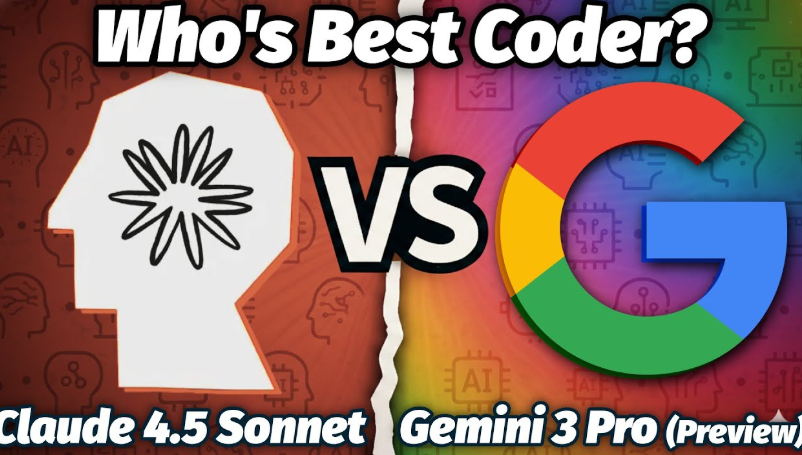Mountain View, CA — Google’s latest public unveiling of Gemini 3.0 has triggered significant discourse within the technology and investment communities, marking a pivotal moment in the company's aggressive campaign to assert dominance over OpenAI and Anthropic. Early market reaction, particularly within investor-focused circles such as the WallStreetBets community, suggests that this release represents a strategic pivot toward advanced logical reasoning and “agentic” workflows.
A Leap in Logic and Agentic Potential
Industry observation indicates that Gemini 3.0 is being received as a substantial technical evolution rather than a mere iterative update. The consensus among early adopters and analysts highlights two primary areas of advancement: complex logical reasoning and high-level code generation.
Unlike previous iterations focused primarily on conversational fluency, Gemini 3.0 appears engineered for deeper task execution. Reports suggest the model demonstrates improved intent recognition, requiring less “prompt engineering” to achieve precise results. This shift points toward a future where AI models act as autonomous agents capable of multi-step planning, a feature critical for enterprise-grade developer environments.
The Coding Battlefield: Gemini 3.0 vs. Claude 4.5
Despite the enthusiasm surrounding Google's advancements, the competitive landscape remains highly nuanced. Comparisons drawn by developers and testers reveal a distinct divergence in performance profiles between Gemini 3.0 and Anthropic’s Claude 4.5 (Sonnet/Opus).
While Gemini 3.0 is lauded for its generation speed, multimodal integration, and broad context awareness, it faces scrutiny regarding stability in specialized tasks. Technical feedback suggests that for high-stakes, autonomous coding workflows (“agentic coding”), Claude 4.5 retains a reputation for greater reliability. Specific critiques of Gemini 3.0 point to challenges in maintaining code integrity during bug fixes, with the model occasionally over-modifying scripts or struggling with autonomous error resolution where competitors remain stable.
This dichotomy suggests that while Google has closed the gap, the market may fragment based on use case: Gemini for multimodal, rapid reasoning tasks, and Claude for precision-heavy engineering work.
Strategic Implications for the AI Sector
The reception of Gemini 3.0 underscores broader shifts in the AI economy:
-
The Agentic Shift: The industry conversation has moved beyond text generation to “actionable” AI. Google’s emphasis on agent capabilities suggests that the next battleground for market share will be defined by a model's ability to execute complex, multi-stage workflows without human intervention.
-
Enterprise Adoption Patterns: The perceived performance gap—or lack thereof—will likely influence enterprise procurement. If Gemini 3.0’s reasoning capabilities mature rapidly, Google could leverage its existing ecosystem (cloud, search, and development tools) to capture corporate clients seeking integrated AI solutions.
-
Accelerated Competition: Google’s aggressive posturing is expected to exert pressure on OpenAI and Anthropic to expedite their own innovation cycles, particularly in optimizing coding agents and reducing latency.
Outlook
As Gemini 3.0 moves from announcement to broad deployment, the focus will shift to independent, standardized benchmarking. The industry is closely monitoring how the model performs in rigorous third-party evaluations against GPT-5 and Claude 4.5. Ultimately, the model's success will depend on whether its theoretical reasoning capabilities can translate into the reliability required for mission-critical commercial applications.









